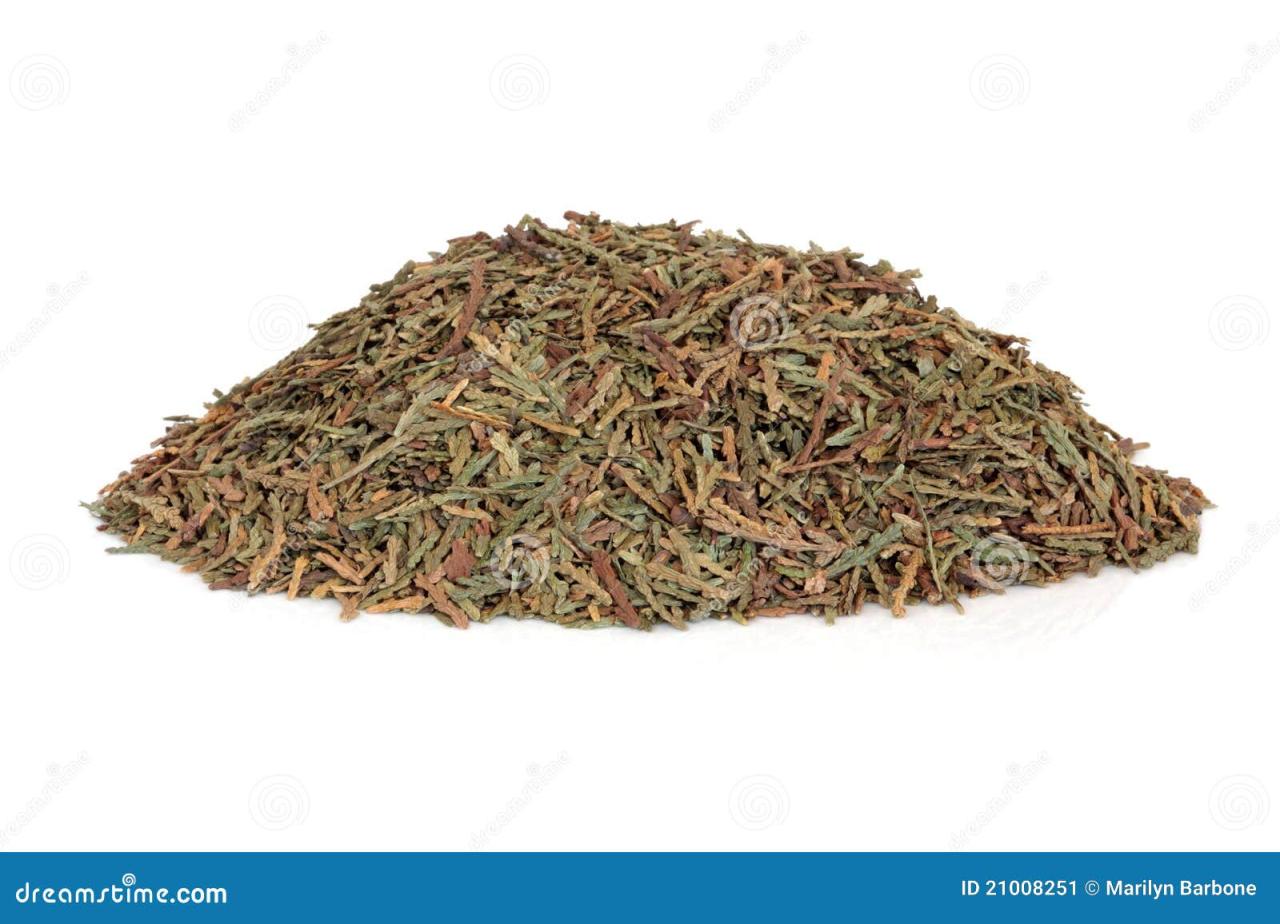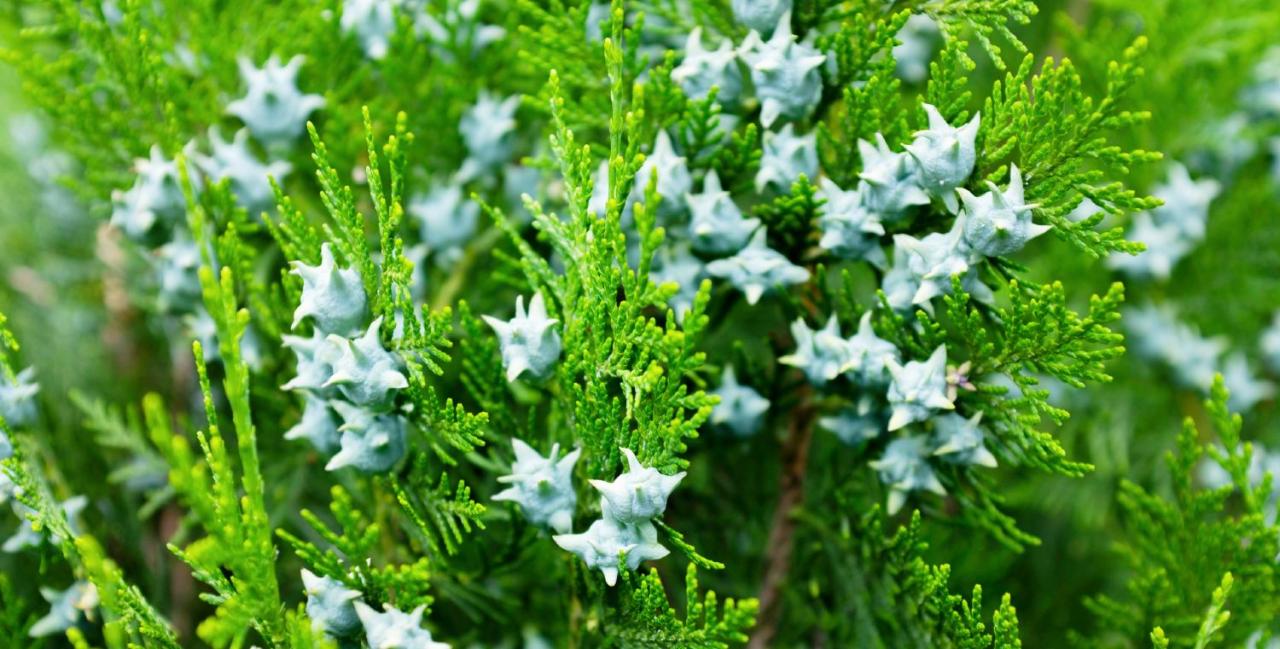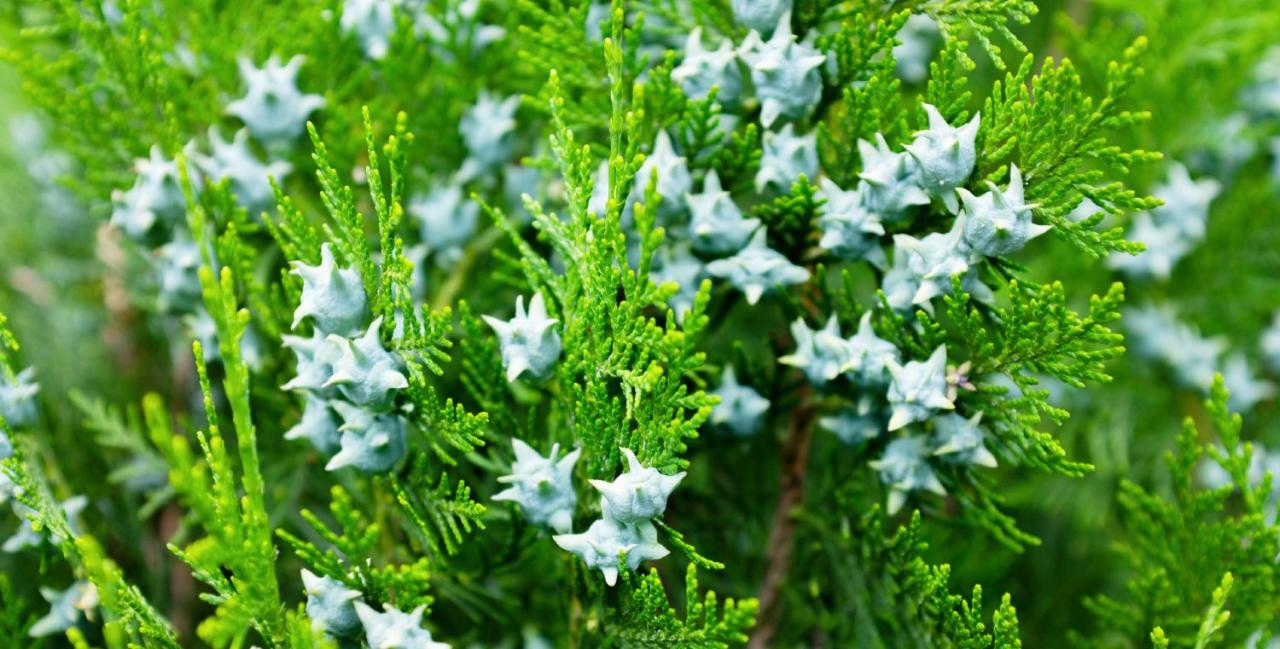Biota Herb: The Natural Way to Boost Your Well-Being sets the stage for this enthralling narrative, offering readers a glimpse into a story that is rich in detail and brimming with originality from the outset. Biota Herb, a plant with a rich history and a wealth of potential benefits, has long been revered for its ability to promote natural well-being.
From ancient traditional medicine practices to modern scientific research, Biota Herb has captivated the attention of those seeking holistic approaches to health and wellness.
This exploration delves into the fascinating world of Biota Herb, unveiling its composition, properties, and diverse applications. We will uncover the scientific evidence supporting its therapeutic effects, while also exploring its historical and cultural significance. This comprehensive guide will empower readers to make informed decisions about incorporating Biota Herb into their daily routines for a healthier and more fulfilling life.
Introduction to Biota Herb

Biota Herb represents a holistic approach to enhancing well-being through the power of nature. It encompasses a diverse range of herbs, botanicals, and natural remedies, each carefully selected for its unique properties and ability to support various aspects of physical and mental health.
Biota Herb is not merely a collection of herbs but a philosophy rooted in the belief that nature holds the key to unlocking optimal well-being.
History and Origin of Biota Herb
The origins of Biota Herb can be traced back to ancient civilizations, where herbal remedies were widely used for medicinal purposes. Throughout history, cultures around the world have relied on plants for their healing properties, recognizing their ability to address a wide range of ailments.
The practice of using herbs for health and wellness has been passed down through generations, evolving over time with the accumulation of knowledge and experience.
Benefits of Biota Herb
Biota Herb offers a wide range of potential benefits, thanks to the unique properties of the herbs and botanicals it incorporates. Here are some key advantages associated with Biota Herb:
- Boosting the Immune System:Many herbs in Biota Herb are known for their immune-boosting properties. These herbs can help strengthen the body’s natural defenses against infections and illnesses. Examples include echinacea, elderberry, and ginseng.
- Promoting Relaxation and Stress Reduction:Certain herbs, such as chamomile, lavender, and valerian root, are renowned for their calming effects. These herbs can help reduce stress, anxiety, and promote relaxation, leading to improved sleep quality and overall well-being.
- Supporting Digestive Health:Biota Herb includes herbs that can aid digestion and alleviate digestive discomfort. For instance, peppermint is often used to soothe indigestion and bloating, while ginger can help reduce nausea and motion sickness.
- Enhancing Energy Levels:Some herbs, such as rhodiola and ginseng, are known for their adaptogenic properties. These herbs can help the body adapt to stress and improve energy levels, reducing fatigue and boosting mental clarity.
Composition and Properties of Biota Herb
Biota Herb, scientifically known asPlatycladus orientalis*, is a coniferous evergreen tree native to East Asia. It has been used in traditional Chinese medicine for centuries for its various medicinal properties. The herb is known for its unique composition of active ingredients and compounds, which contribute to its therapeutic effects.
Active Ingredients and Compounds
Biota Herb contains a variety of active ingredients and compounds, including:
- Bioflavonoids:Biota Herb is rich in bioflavonoids, such as quercetin, kaempferol, and myricetin. These compounds are known for their antioxidant and anti-inflammatory properties. They help protect cells from damage caused by free radicals and reduce inflammation in the body.
- Volatile Oils:Biota Herb contains volatile oils, including thujone, sabinene, and pinene. These oils contribute to the herb’s characteristic aroma and have been shown to possess antimicrobial, antifungal, and insecticidal properties.
- Tannins:Biota Herb also contains tannins, which are astringent compounds that help reduce inflammation and promote wound healing. They are also known to have antibacterial and antiviral properties.
- Other Compounds:In addition to these primary compounds, Biota Herb contains other active ingredients, including resins, polysaccharides, and trace minerals. These compounds contribute to the herb’s overall therapeutic effects.
Scientific Evidence Supporting Therapeutic Properties
Numerous studies have investigated the therapeutic properties of Biota Herb. These studies have shown that Biota Herb possesses a range of pharmacological activities, including:
- Antioxidant Activity:Bioflavonoids in Biota Herb have been shown to exhibit potent antioxidant activity, protecting cells from damage caused by free radicals. This antioxidant activity contributes to the herb’s anti-aging and disease-preventing properties.
- Anti-inflammatory Activity:Biota Herb has demonstrated anti-inflammatory effects in various studies. The bioflavonoids and tannins present in the herb help reduce inflammation by inhibiting the production of inflammatory mediators.
- Antimicrobial Activity:The volatile oils in Biota Herb have been shown to possess antimicrobial activity against a wide range of bacteria and fungi. This property makes Biota Herb a potential natural remedy for infections.
- Anticancer Activity:Some studies have suggested that Biota Herb may have anticancer activity. Bioflavonoids in the herb have been shown to inhibit the growth and proliferation of cancer cells.
Different Types of Biota Herb
There are several types of Biota Herb, each with unique characteristics and potential applications. Some of the common types include:
- *Platycladus orientalis* (Common Biota Herb):This is the most common type of Biota Herb and is widely used in traditional Chinese medicine. It is known for its diverse medicinal properties, including antioxidant, anti-inflammatory, and antimicrobial effects.
- *Platycladus orientalis* ‘Aurea’:This type of Biota Herb is characterized by its golden-yellow foliage. It is often used for ornamental purposes but also possesses similar medicinal properties to the common type.
- *Platycladus orientalis* ‘Pyramidalis’:This type of Biota Herb has a pyramidal growth habit and is often used in landscaping. It also contains active ingredients and possesses similar therapeutic properties to the common type.
Biota Herb for Enhanced Well-Being
Biota herb, with its diverse range of bioactive compounds, has long been recognized for its potential to enhance various aspects of human well-being. From its traditional use in ancient medicine to modern scientific research, Biota herb continues to attract attention for its multifaceted health benefits.
Biota Herb offers a holistic approach to wellness, incorporating natural remedies to enhance overall well-being. From soothing teas to invigorating essential oils, Biota Herb empowers individuals to take control of their health. Just as Biota Herb emphasizes natural solutions, you can also discover the wonders of natural propagation with African violets.
Learn how to cultivate new plants from cuttings in just days with this simple and rewarding technique, as outlined in the comprehensive guide Unlock the Magic of African Violet Propagation in Just Days. Similar to Biota Herb’s focus on natural remedies, this method provides a fulfilling and sustainable way to expand your plant collection.
Biota Herb’s Holistic Impact on Well-Being
Biota herb’s impact extends beyond addressing specific ailments. It offers a holistic approach to health, encompassing physical, mental, and emotional well-being. The following table summarizes how Biota herb contributes to each of these areas:
Health Area |
Benefits |
Methods of Use |
Scientific Evidence |
|---|---|---|---|
Physical Well-being |
|
|
|
Mental Well-being |
|
|
|
Emotional Well-being |
|
|
|
Incorporating Biota Herb into Daily Routines
Integrating Biota herb into daily routines can be as simple as adding it to your diet or incorporating it into your self-care practices. Here are some examples:
- Start your day with a cup of Biota herb tea to boost your immune system and promote mental clarity.
- Add a few drops of Biota herb essential oil to your bath for a relaxing and rejuvenating experience.
- Diffuse Biota herb essential oil in your home or office to create a calming and uplifting atmosphere.
- Use Biota herb tincture as a natural remedy for occasional stress or anxiety.
- Incorporate Biota herb into your cooking by adding dried leaves or flowers to soups, stews, or stir-fries.
Remember to consult with a healthcare professional before incorporating Biota herb into your routine, especially if you have any underlying health conditions or are taking medications.
Using Biota Herb Safely and Effectively

Biota herb, like any other herbal supplement, should be used responsibly and with caution. While it offers potential benefits, it’s crucial to understand its proper usage and potential risks to maximize its effectiveness and minimize any adverse effects.
Recommended Dosage and Frequency
The recommended dosage of Biota herb can vary depending on the specific product, individual health conditions, and the intended use. It’s essential to follow the instructions provided by the manufacturer or consult with a healthcare professional for personalized guidance. For instance, a common recommendation is to take 1-2 capsules of Biota herb extract daily, preferably with meals.
However, this dosage may differ depending on the product’s concentration and individual needs.
Potential Side Effects and Interactions
While generally considered safe for most individuals, Biota herb may cause some side effects, especially if taken in high doses or for prolonged periods. These side effects may include:
- Gastrointestinal upset: Nausea, vomiting, diarrhea, or constipation.
- Allergic reactions: Skin rash, itching, or difficulty breathing.
- Headache: Some individuals may experience headaches after taking Biota herb.
It’s also important to be aware of potential interactions with other medications or supplements. Biota herb may interact with:
- Blood thinners: Biota herb may increase the risk of bleeding when taken with blood thinners.
- Immunosuppressants: Biota herb may interfere with the effectiveness of immunosuppressants.
- Other herbal supplements: It’s important to consult with a healthcare professional before combining Biota herb with other herbal supplements to avoid potential interactions.
Importance of Consulting with a Healthcare Professional, Biota Herb: The Natural Way to Boost Your Well-Being
Consulting with a healthcare professional before using Biota herb is crucial for several reasons:
- Personalized recommendations: A healthcare professional can assess your individual health conditions and recommend the appropriate dosage and frequency of Biota herb use.
- Potential interactions: They can identify any potential interactions between Biota herb and other medications or supplements you may be taking.
- Monitoring for side effects: They can monitor you for any potential side effects and provide guidance on how to manage them.
- Underlying health conditions: A healthcare professional can determine if Biota herb is appropriate for you, especially if you have any underlying health conditions.
It’s always better to err on the side of caution and seek professional advice before incorporating any new herbal supplement into your routine.
Biota Herb in Traditional Practices
Biota herb, also known as Thuja occidentalis, has a rich history of use in various traditional medicine systems around the world. Its versatility and purported therapeutic properties have led to its incorporation into diverse cultural practices, offering insights into the long-standing relationship between humans and this remarkable plant.
Traditional Uses of Biota Herb Across Cultures
Biota herb has been a cornerstone of traditional medicine systems for centuries, with its uses varying across different cultures. The following table summarizes some of the prominent traditional applications of Biota herb:
Culture |
Traditional Use |
Scientific Evidence |
|---|---|---|
Native American (various tribes) |
Used for respiratory ailments, skin infections, and wound healing. |
Some studies suggest potential antimicrobial and anti-inflammatory properties. |
Traditional Chinese Medicine (TCM) |
Used to treat coughs, asthma, and other respiratory conditions, as well as for its anti-inflammatory and diuretic effects. |
Research supports some of TCM’s claims, indicating potential benefits for respiratory health and immune function. |
European Traditional Medicine |
Used for skin conditions, urinary tract infections, and as a diuretic. |
Limited scientific evidence, but some studies suggest potential benefits for skin health and urinary tract health. |
Ayurvedic Medicine |
Used to purify the blood, reduce inflammation, and promote overall well-being. |
Further research is needed to validate Ayurvedic claims about Biota herb’s therapeutic properties. |
Examples of Traditional Biota Herb Uses
Throughout history, Biota herb has been employed for a variety of health concerns. Some notable examples include:* Respiratory Ailments:Native American tribes used Biota herb as a traditional remedy for coughs, colds, and other respiratory ailments.
“The smoke from burning Biota herb was inhaled to relieve congestion and soothe the respiratory tract,”
a traditional healer once explained.
Skin Conditions
In European traditional medicine, Biota herb was often used to treat skin conditions such as eczema, psoriasis, and acne.
“A poultice made from crushed Biota herb leaves was applied topically to soothe irritated skin,”
Biota Herb offers a natural path to enhanced well-being, and nurturing your own green haven can be a rewarding part of that journey. If you’re looking to expand your indoor garden, consider the beauty of African violets. To maximize your success in propagating these delicate blooms, check out this helpful guide on How to Maximize Your African Violet Propagation Success Rate.
With a little care and attention, you can cultivate vibrant, thriving plants that bring a touch of nature’s tranquility to your space, further enhancing your overall well-being.
an old herbal remedy book describes.
Wound Healing
Biota herb’s antiseptic properties were recognized by various cultures, leading to its use in wound healing.
“The sap of the Biota herb was applied to wounds to prevent infection and promote healing,”
according to historical records.
The Future of Biota Herb
The ongoing research and development surrounding Biota Herb hold promising prospects for its future applications in various fields, potentially revolutionizing how we approach well-being. Its unique composition and multifaceted properties continue to intrigue scientists and researchers, paving the way for a deeper understanding of its potential benefits.
Exploring Biota Herb’s Potential Applications
Biota Herb’s potential applications extend beyond traditional medicinal practices, encompassing diverse fields like pharmaceuticals, cosmetics, and agriculture. The herb’s inherent antioxidant, antimicrobial, and anti-inflammatory properties are being investigated for their potential in developing novel therapeutic agents and natural remedies.
- Pharmaceutical Research:Ongoing research is focusing on isolating and characterizing the bioactive compounds within Biota Herb to develop pharmaceutical formulations for treating various ailments, including inflammatory conditions, infections, and neurodegenerative diseases.
- Cosmetics and Skincare:Biota Herb’s antioxidant and anti-inflammatory properties are being explored for their potential to enhance skin health. Its extracts may find applications in anti-aging creams, serums, and other skincare products.
- Agricultural Applications:Biota Herb’s antimicrobial properties show promise in developing natural pest control agents for sustainable agriculture. Its extracts may be used to protect crops from fungal and bacterial infections, reducing the reliance on synthetic pesticides.
Closing Notes: Biota Herb: The Natural Way To Boost Your Well-Being
Biota Herb stands as a testament to the power of nature’s bounty, offering a holistic approach to well-being. From its traditional uses in various cultures to its modern scientific validation, Biota Herb continues to captivate the world with its potential to enhance physical, mental, and emotional health.
As research continues to unravel the complexities of this remarkable plant, its role in promoting sustainable and holistic well-being is poised to become even more prominent. By embracing the wisdom of the past and the promise of the future, we can harness the power of Biota Herb to unlock a life of greater vitality and balance.
Commonly Asked Questions
What are the potential side effects of Biota Herb?
While Biota Herb is generally considered safe, some individuals may experience mild side effects such as stomach upset or allergic reactions. It’s important to consult with a healthcare professional before using Biota Herb, especially if you have any pre-existing health conditions or are taking other medications.
Can I use Biota Herb during pregnancy or breastfeeding?
It’s best to avoid using Biota Herb during pregnancy or breastfeeding, as there is limited research on its safety during these periods. Always consult with your healthcare provider before using any herbal supplements during pregnancy or breastfeeding.
Where can I find Biota Herb?
Biota Herb is available in various forms, including capsules, tinctures, and teas. It can be found at health food stores, online retailers, and some pharmacies. Always choose reputable sources and look for products that have been tested for quality and purity.
